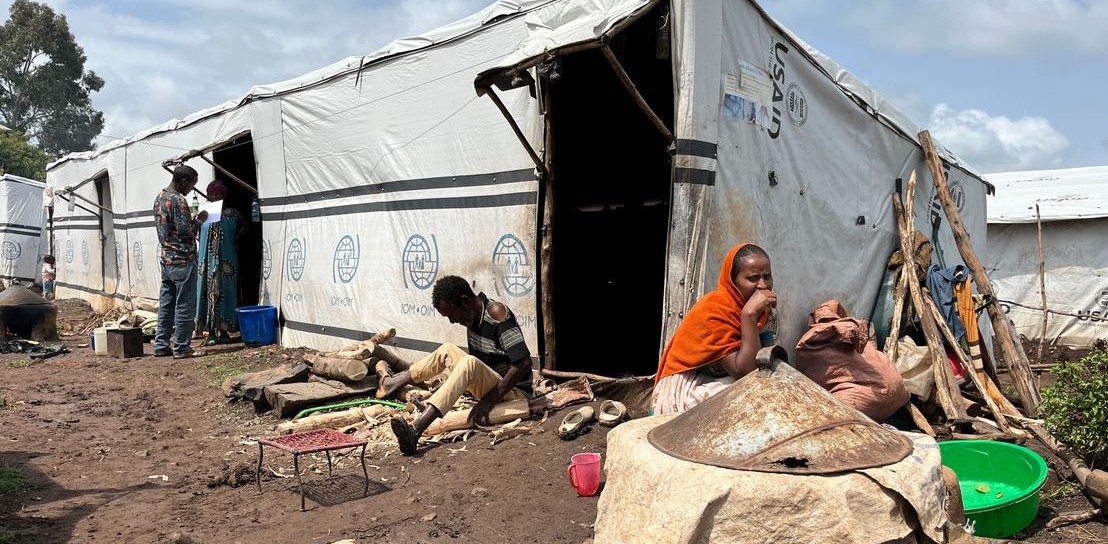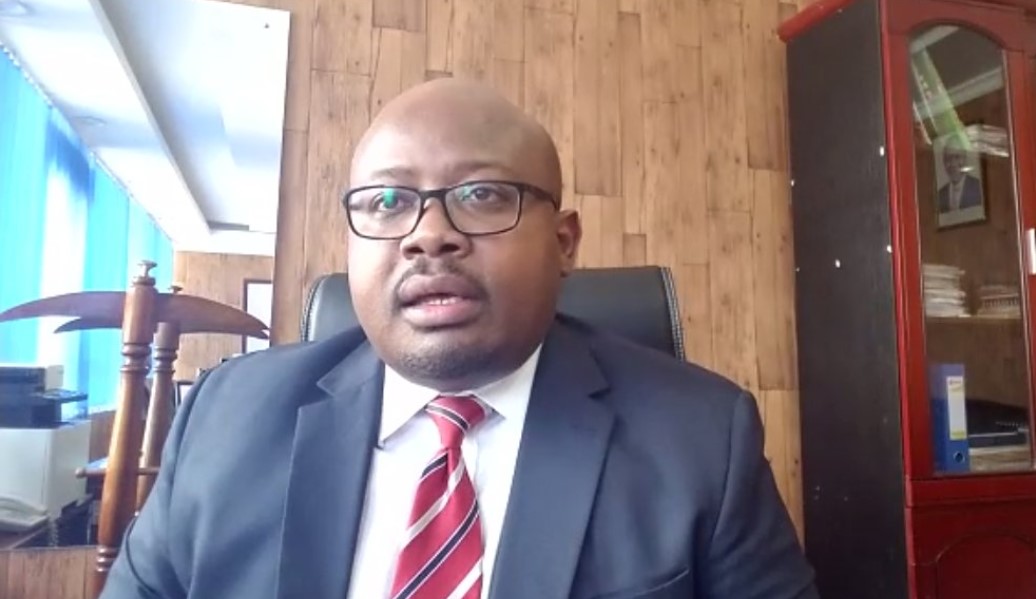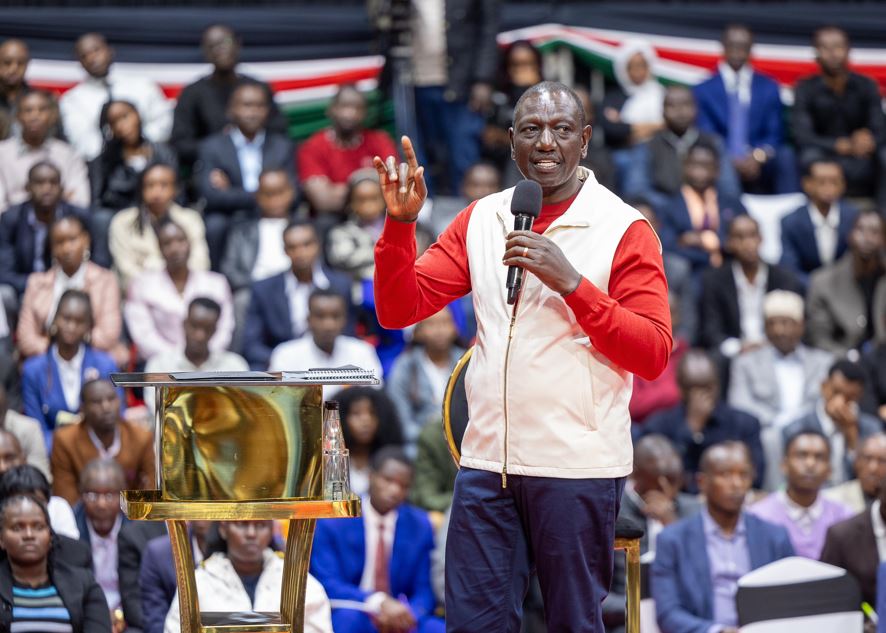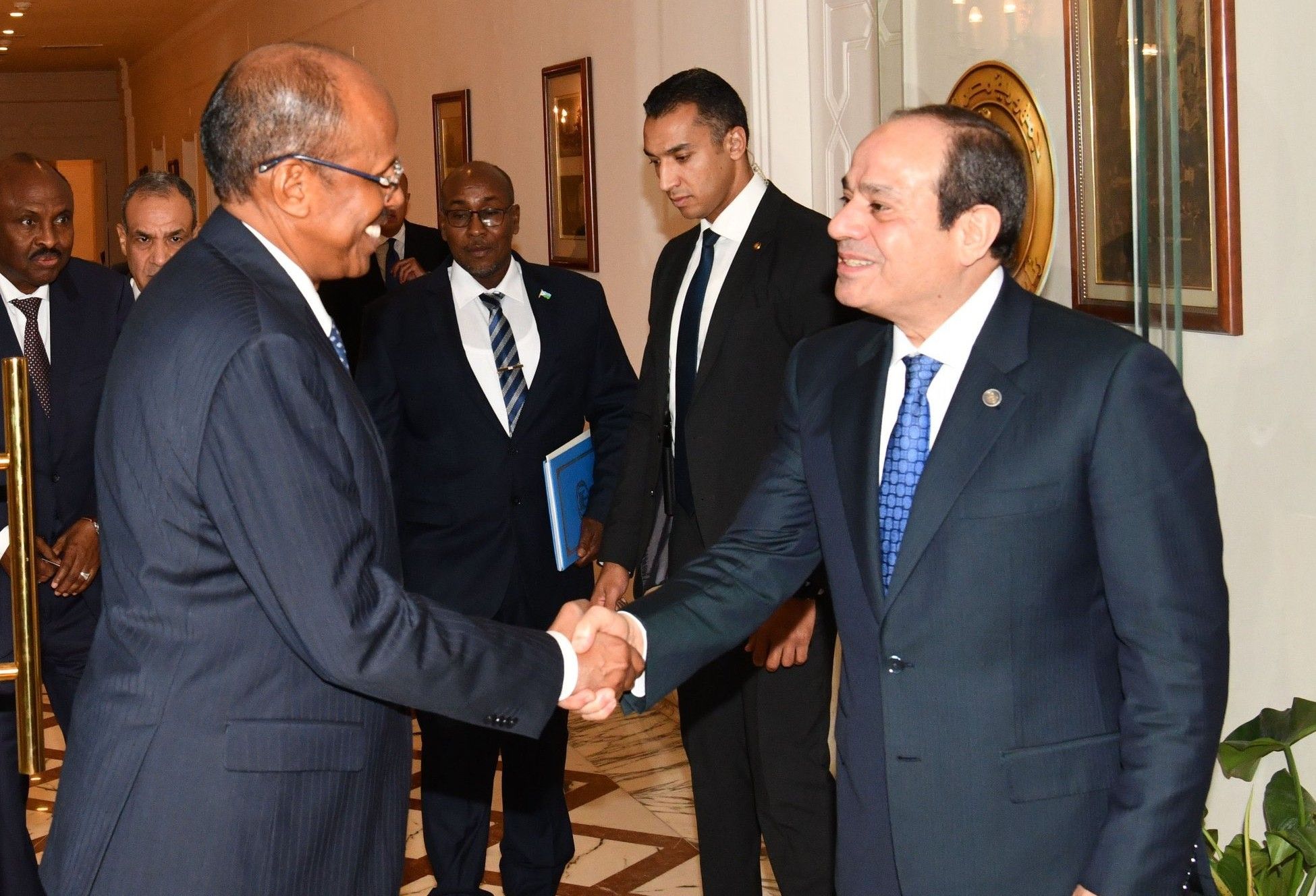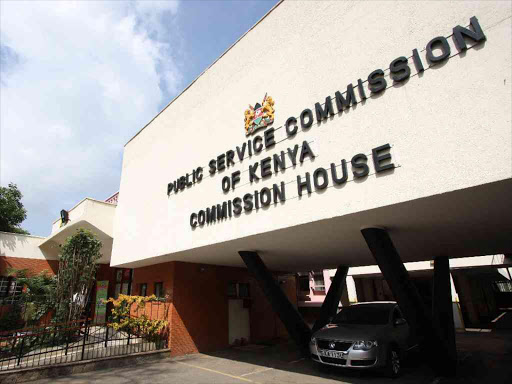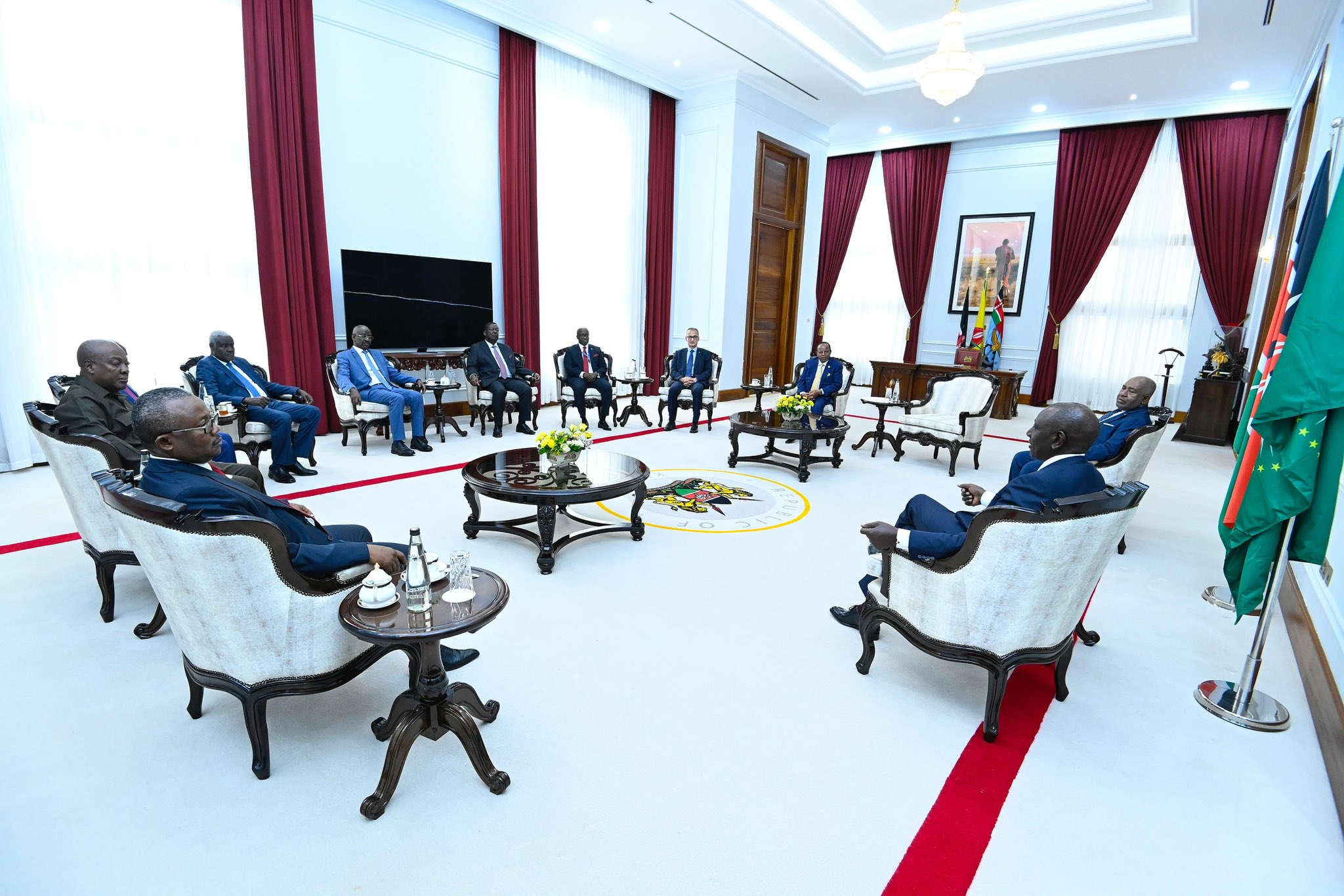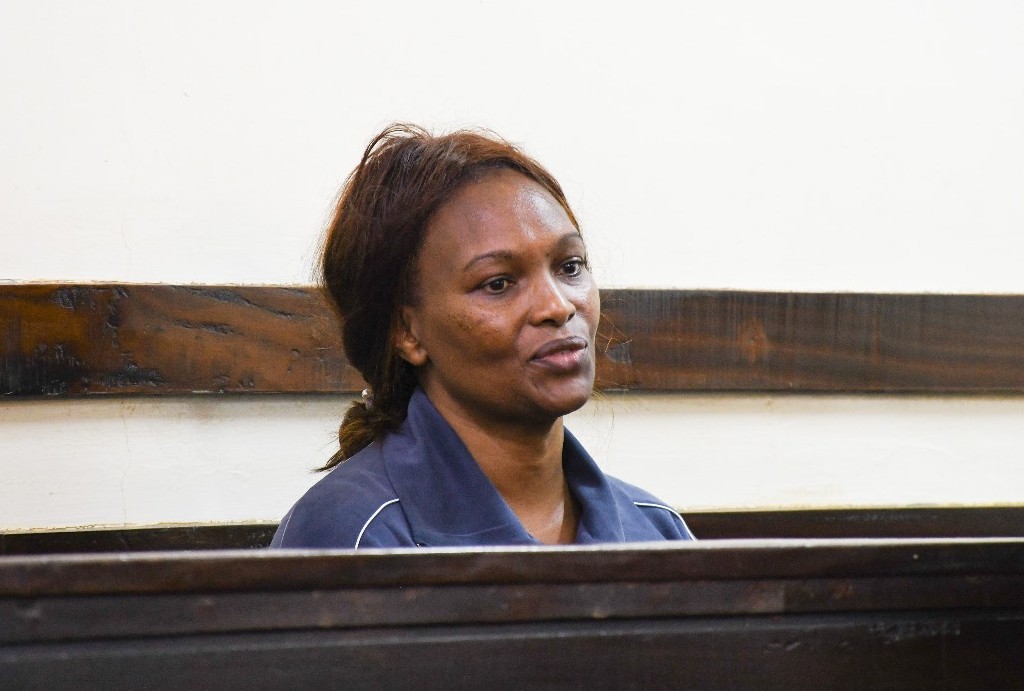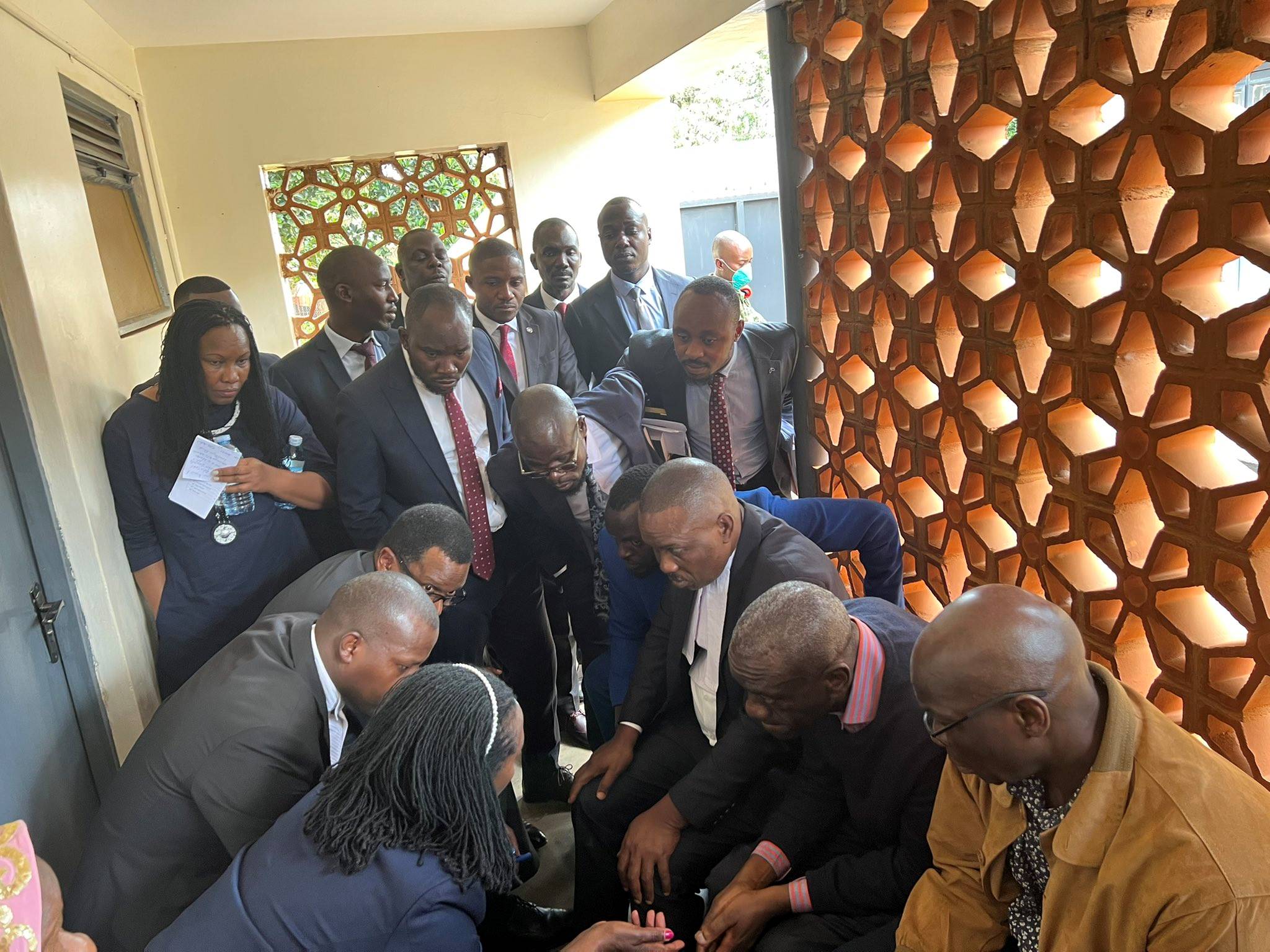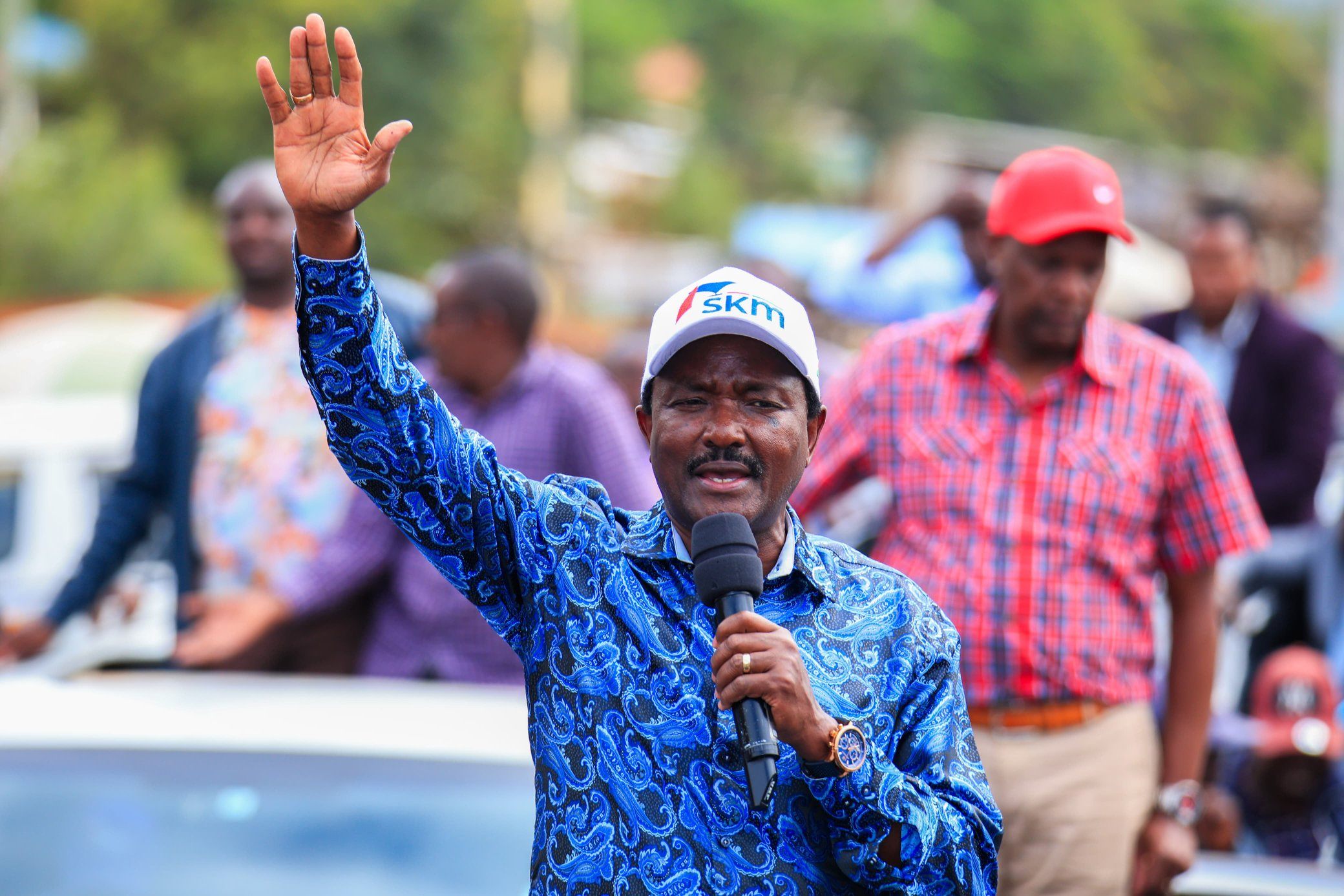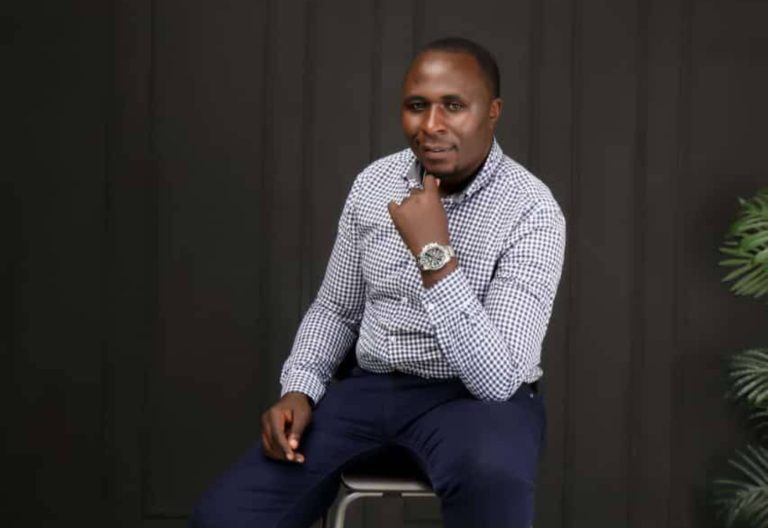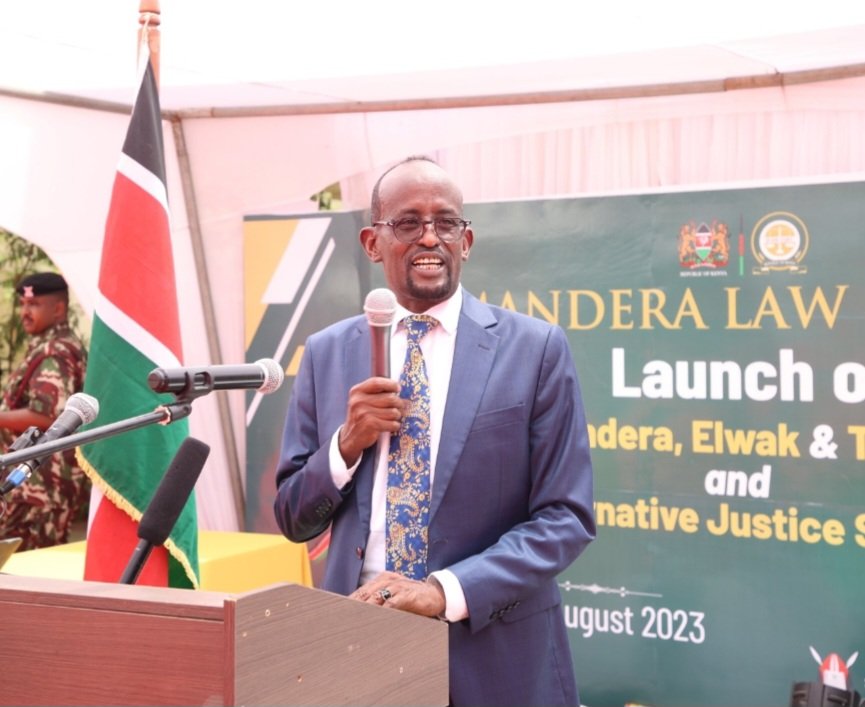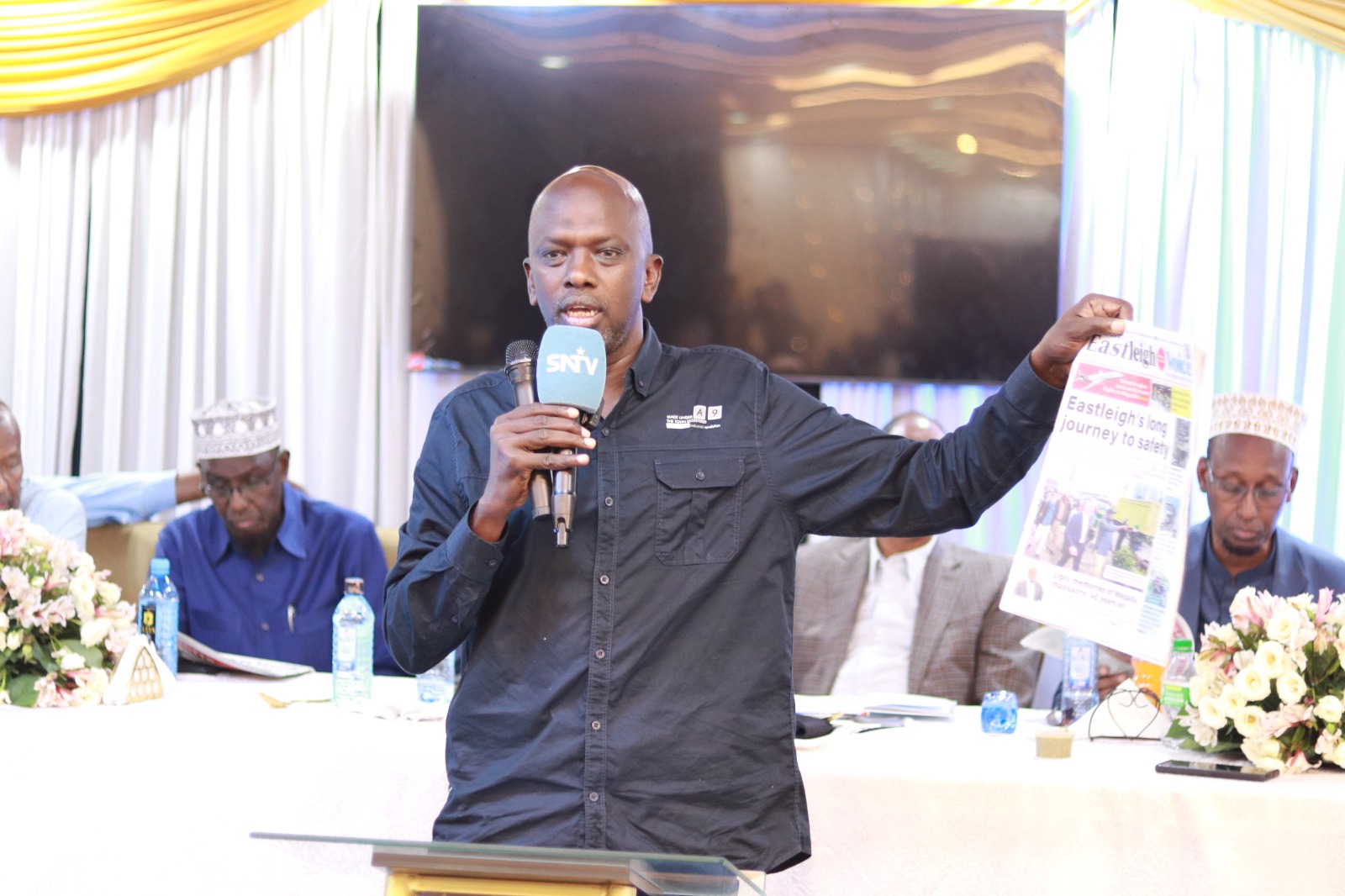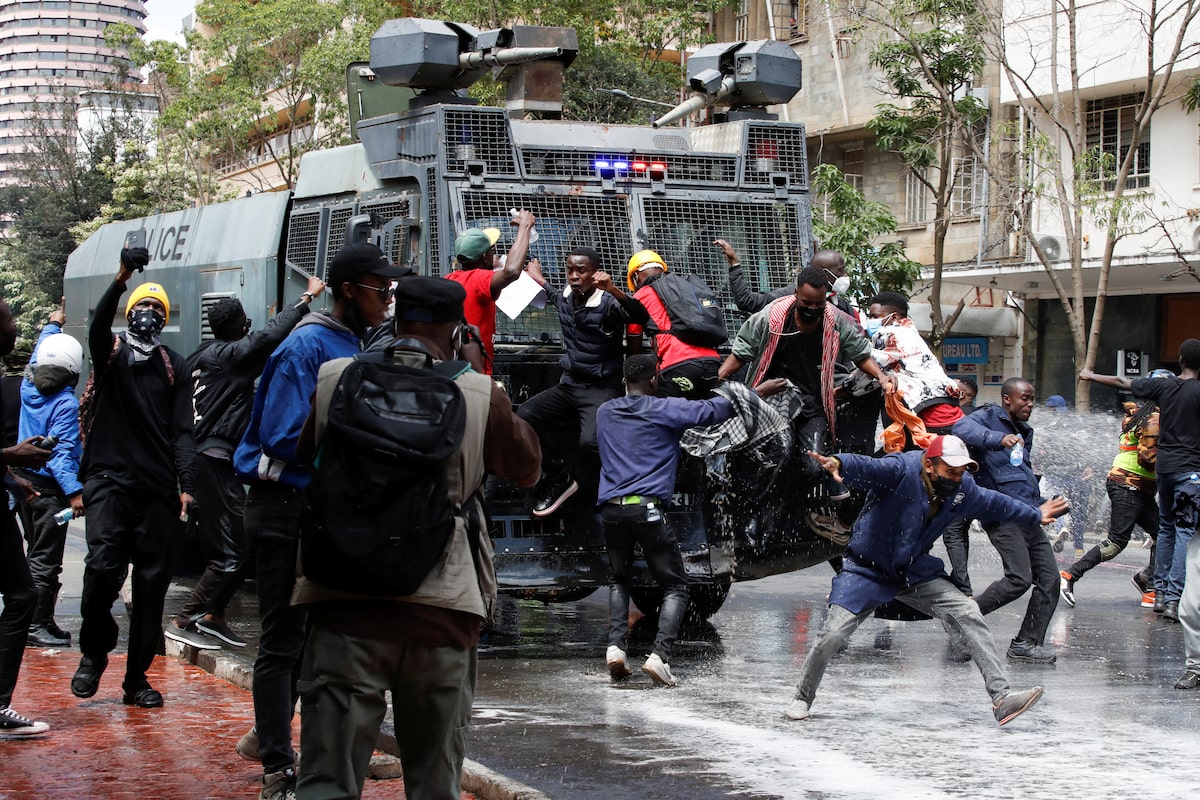South Africa rejects Trump's "misinformed" decision over land reform policies
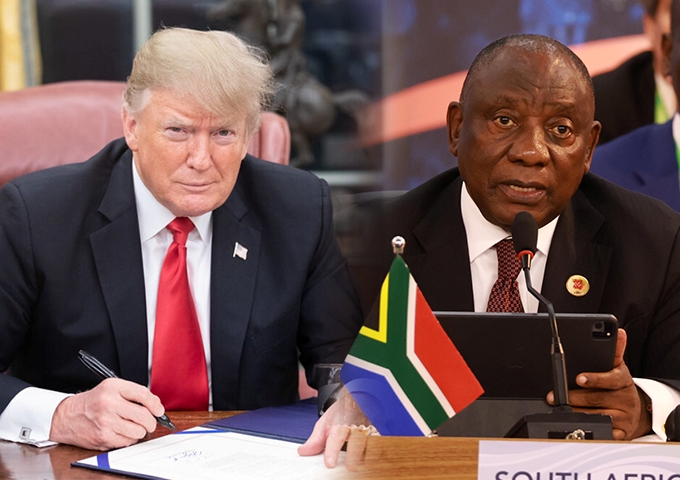
Trump claimed South Africa's land expropriation policies amount to human rights abuses.
South Africa has responded to U.S. President Donald Trump’s decision to cut off all future U.S. funding to the country over its land reform policies—a move that further strains already tense relations between Pretoria and Washington.
“We trust that President Trump’s advisors will leverage this investigative period to deepen their understanding of South Africa’s policies as a constitutional democracy. Such insights will ensure a respectful and informed approach to our democratic commitments,” South African Foreign Minister Ronald Lamola posted on X.
More To Read
- HIV relief initiative Pepfar spared from Trump’s foreign aid pause - State Department
- WHO says US HIV funding cut threatens lives of millions in low-income nations
- Over 1,200 Kenyans to be deported under Trump’s immigration directives
- Elon Musk now has an office in the White House. What’s his political game plan?
Trump announced this on Truth Social, claiming South Africa's land expropriation policies amount to human rights abuses.
"South Africa is confiscating land and treating certain classes of people VERY BADLY," he wrote. "A massive human rights VIOLATION, at a minimum, is happening for all to see."
He added, "The United States won't stand for it; we will act. Also, I will be cutting off all future funding to South Africa until a full investigation of this situation has been completed!"
According to U.S. government data, Washington allocated nearly $440 million in assistance to South Africa in 2023.
The disputed policy stems from a new law signed by President Cyril Ramaphosa, which allows the South African government to expropriate land without compensation under specific conditions deemed to be in the public interest.
The legislation is part of Pretoria's long-running efforts to address historical land dispossession, particularly the impact of the 1913 Natives Land Act, which forcibly removed thousands of Black South Africans from their land during apartheid.
Trump's stance mirrors that of right-wing voices who claim white farmers are being unfairly targeted—a narrative South African officials have repeatedly dismissed as misinformation. During Trump's first term, Pretoria pushed back when he claimed that large-scale killings of white farmers were happening in South Africa.
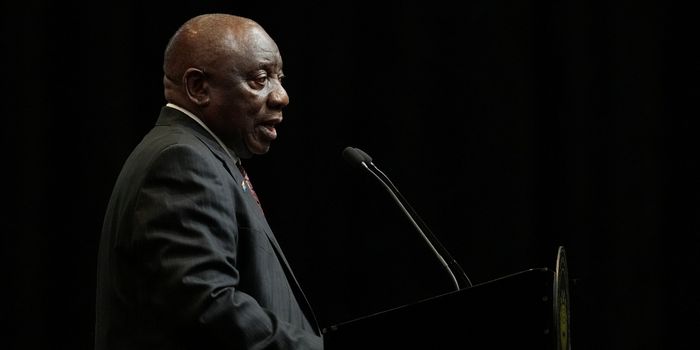 South African president Cyril Ramaphosa speaks after being re-elected as president during the first sitting of the National Assembly following elections, at the Cape Town International Convention Center (CTICC), on June 14, 2024. (Photo: Nic Bothma/Reuters)
South African president Cyril Ramaphosa speaks after being re-elected as president during the first sitting of the National Assembly following elections, at the Cape Town International Convention Center (CTICC), on June 14, 2024. (Photo: Nic Bothma/Reuters)
At the time, a South African government spokesperson said, "We engaged with the Trump administration and clarified that these allegations were not based on facts."
At the World Economic Forum in Davos last month, Ramaphosa appeared to downplay the latest tensions, saying, "I spoke to him soon after he was elected, congratulated him, and we both said we are looking forward to continued dealings and engagements."
Elon Musk and the Influence of Online Narratives The issue has also been fueled by billionaire Elon Musk, who was born in South Africa.
Musk has previously accused the Ramaphosa government of remaining silent on threats against white landowners. In 2023, he took to X (formerly Twitter) to ask: "@CyrilRamaphosa, why do you say nothing?" This was in response to a video of a far-left South African party singing a controversial anti-apartheid song, which critics argue incites violence.
While land reform is the latest flashpoint, Pretoria's worsening relations with Washington go beyond domestic policies. South Africa has positioned itself as a staunch supporter of the Palestinian cause, while the United States remains a key ally of Israel.
Pretoria took Israel to the International Court of Justice (ICJ), accusing it of committing genocide in Gaza—a move that rattled policymakers in Washington.
Beyond Israel, Washington remains sceptical of Pretoria's "non-aligned" stance, particularly as South Africa deepens its ties with Russia, China, and Iran under the banner of a multipolar world order.
From Washington's perspective, Pretoria is engaging some of America's biggest geopolitical rivals while still maintaining economic ties with the U.S. South Africa's relations with the U.S. nearly hit a breaking point in March last year, when the U.S. House of Representatives passed the U.S.-South Africa Bilateral Relations Review Bill (US-SA Bill), calling for a comprehensive reassessment of Washington's ties with Pretoria.
Amid this growing tension, Pretoria has dispatched Ebrahim Rasool as its new envoy to Washington—an interesting choice given that he has previously called Trump a fascist.
His diplomatic credentials were approved by Biden just a day before leaving office, and Rasool will likely face a highly challenging diplomatic landscape with the Trump administration.
Top Stories Today
